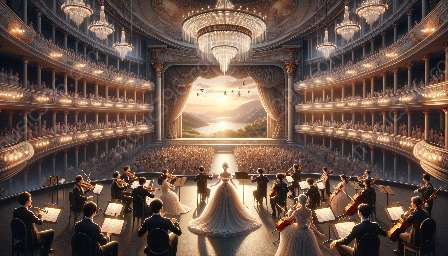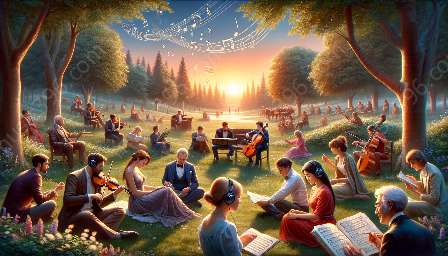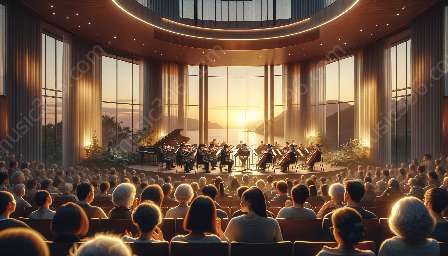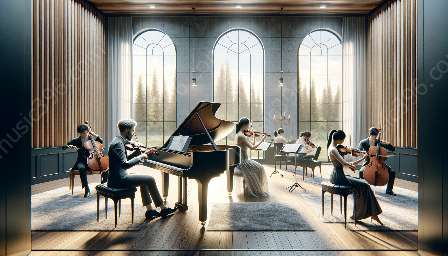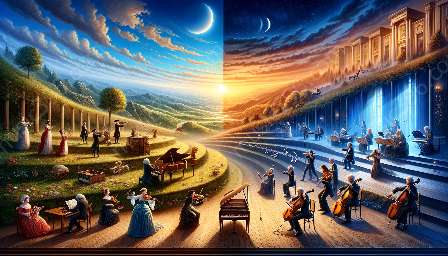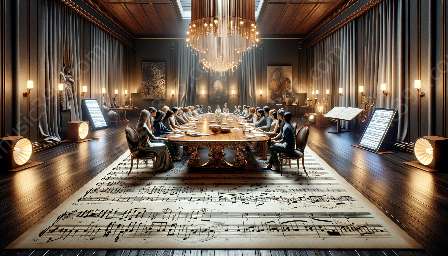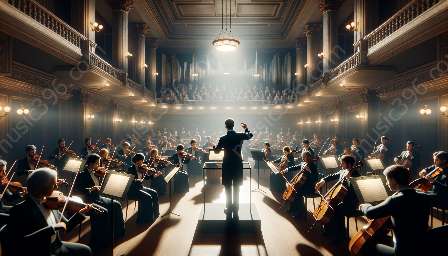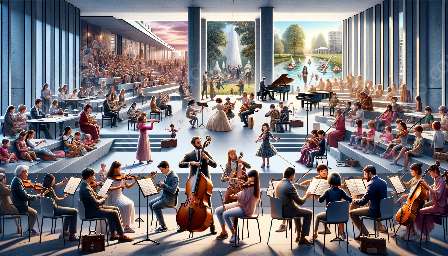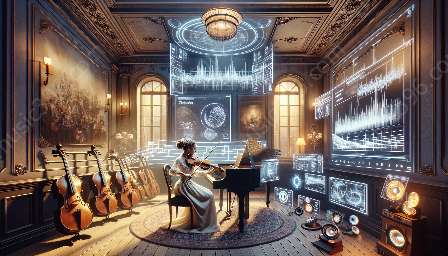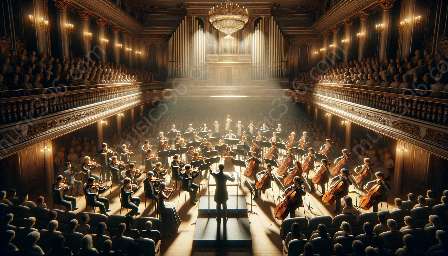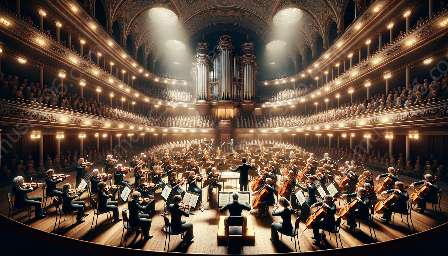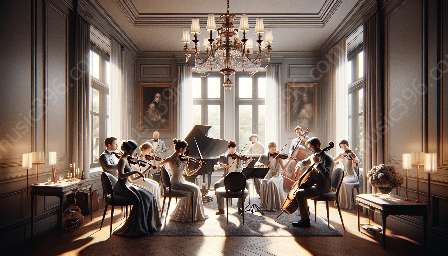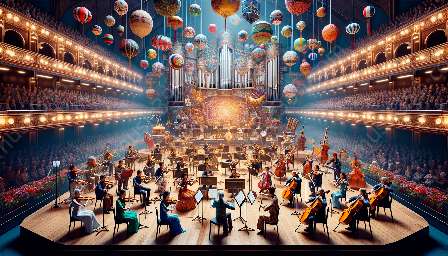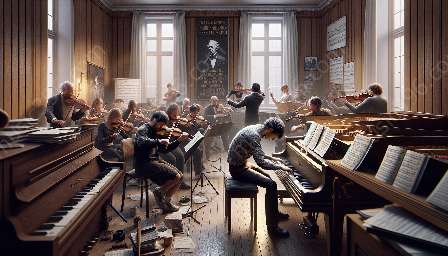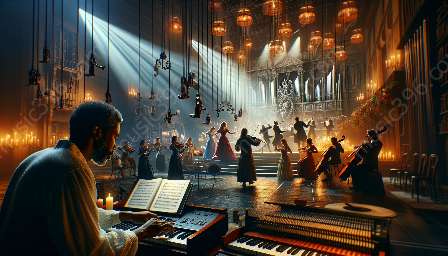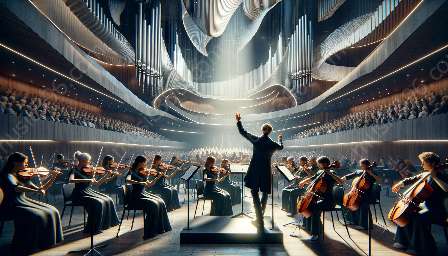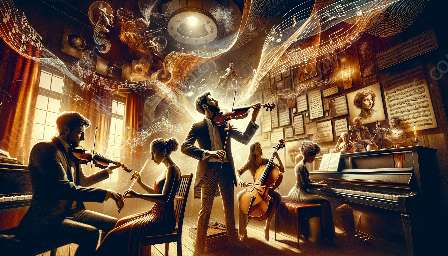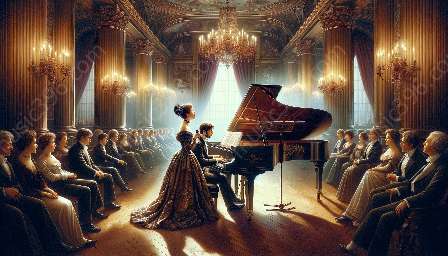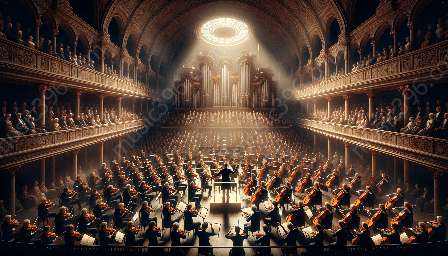Classical music has had a profound impact on modern minimalist and experimental music genres, influencing a wide range of musical styles. The influence of classical music on other genres and its connection to modern minimalist and experimental music is a fascinating topic that highlights the enduring legacy of classical music in contemporary music.
Classical Music's Influence on Other Genres
Classical music has long been a source of inspiration for other musical genres. Its rich history, complex compositions, and emotive qualities have inspired musicians in diverse genres, including rock, jazz, and electronic music. The influence of classical music can be seen in the structural complexity, harmonic progressions, and melodic developments of various contemporary music styles.
Minimalist Music and Its Classical Roots
Minimalist music, characterized by its repetitive patterns and use of limited musical material, has roots in classical music. Composers such as Steve Reich and Philip Glass drew inspiration from classical composers like Johann Sebastian Bach and Ludwig van Beethoven. The minimalist movement aimed to simplify musical elements and highlight the interplay of rhythm and harmony, echoing the structured compositions of classical music.
Experimental Music's Connection to Classical Music
Experimental music, with its emphasis on unconventional sounds and techniques, also owes a debt to classical music. Avant-garde composers of the 20th century, such as John Cage and Karlheinz Stockhausen, sought to push the boundaries of musical expression, drawing from the innovations of classical composers like Arnold Schoenberg and Igor Stravinsky. The influence of classical music can be heard in the experimental use of dissonance, unconventional instruments, and non-traditional forms.
Connections between Classical Music and Modern Minimalist and Experimental Music
The connections between classical music and modern minimalist and experimental music are multi-faceted. Modern minimalist composers often pay homage to classical traditions while exploring new sonic territories. Their compositions may feature repetitive motifs and harmonies reminiscent of classical works, but with a contemporary sensibility. Similarly, experimental music takes inspiration from classical techniques and concepts, incorporating them into boundary-pushing sonic experiments.
Conclusion
The impact of classical music on modern minimalist and experimental music genres is undeniable. Its influence is pervasive, shaping the evolution of musical styles across centuries. By examining the connections between classical music and these modern genres, we gain a deeper appreciation for the enduring legacy of classical music and its ongoing impact on contemporary musical expression.

